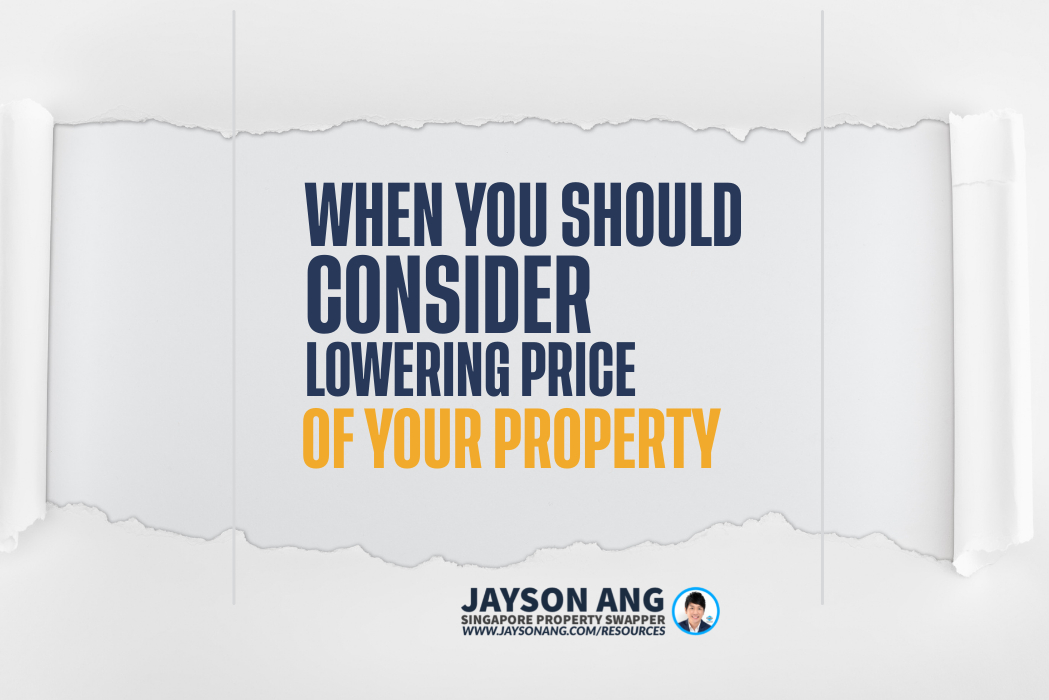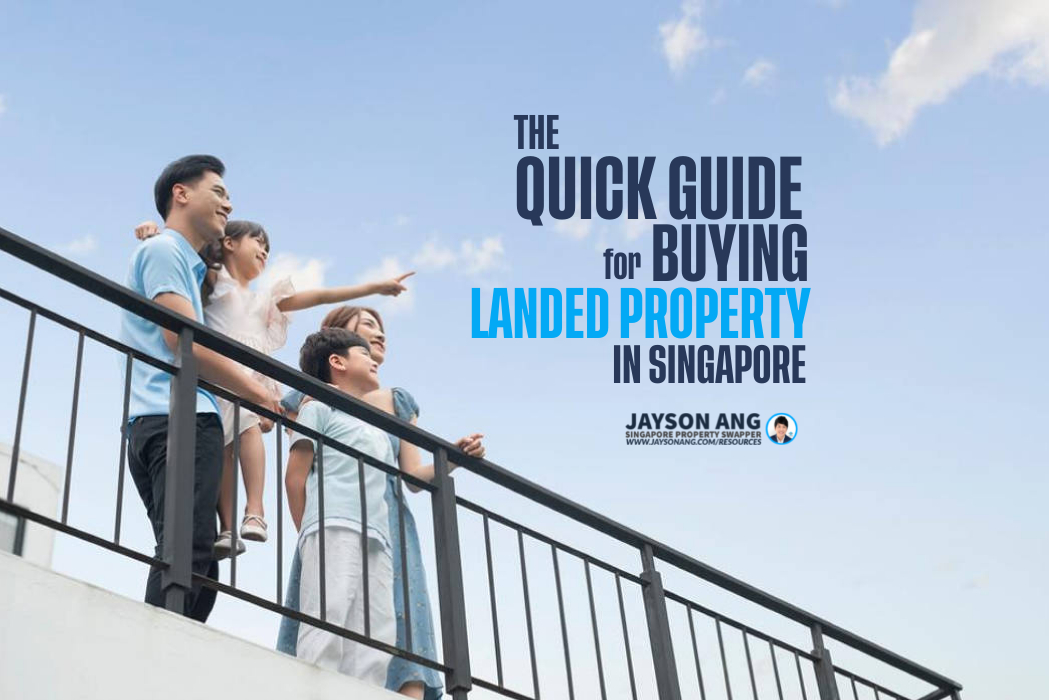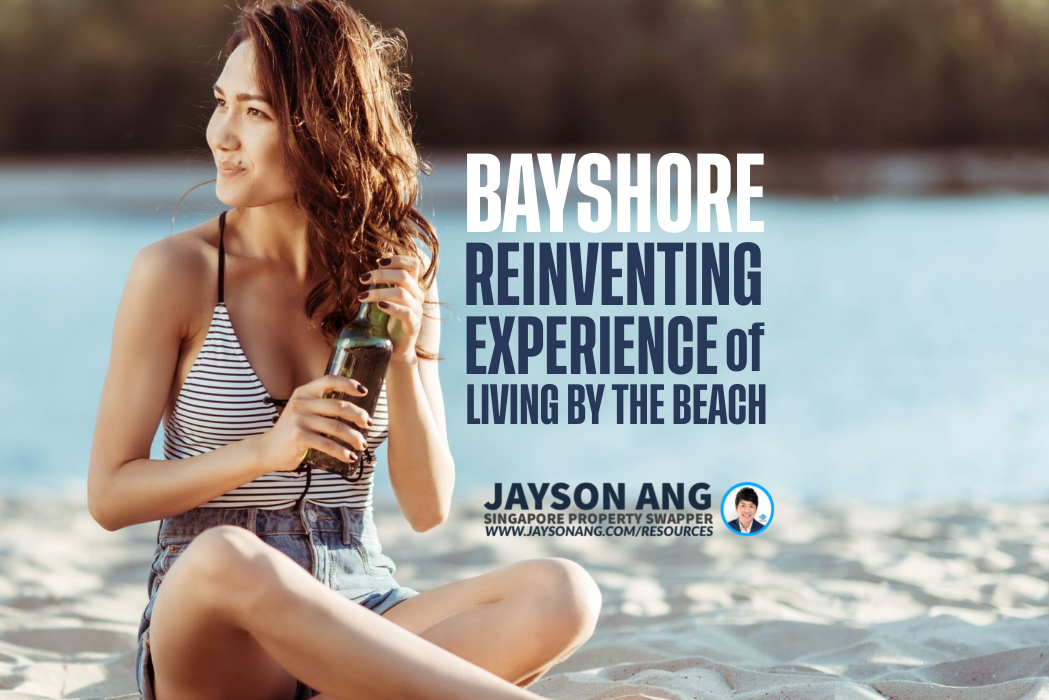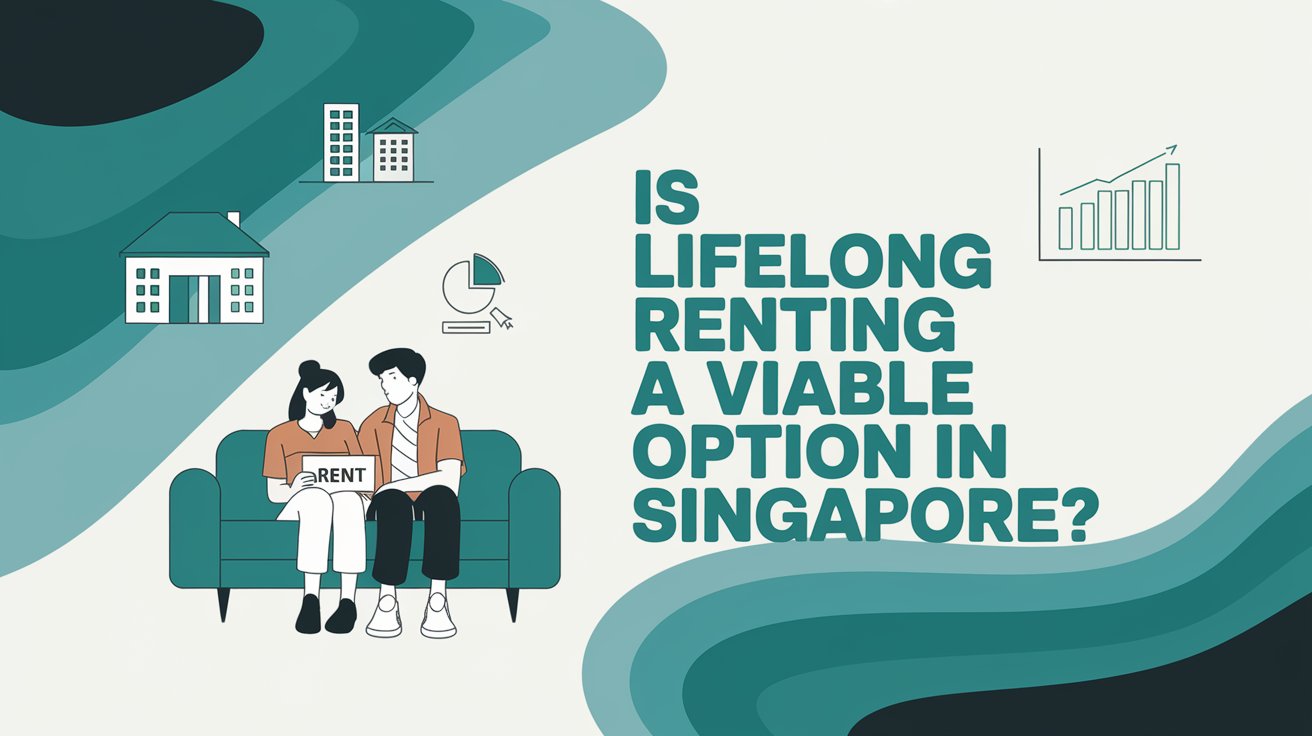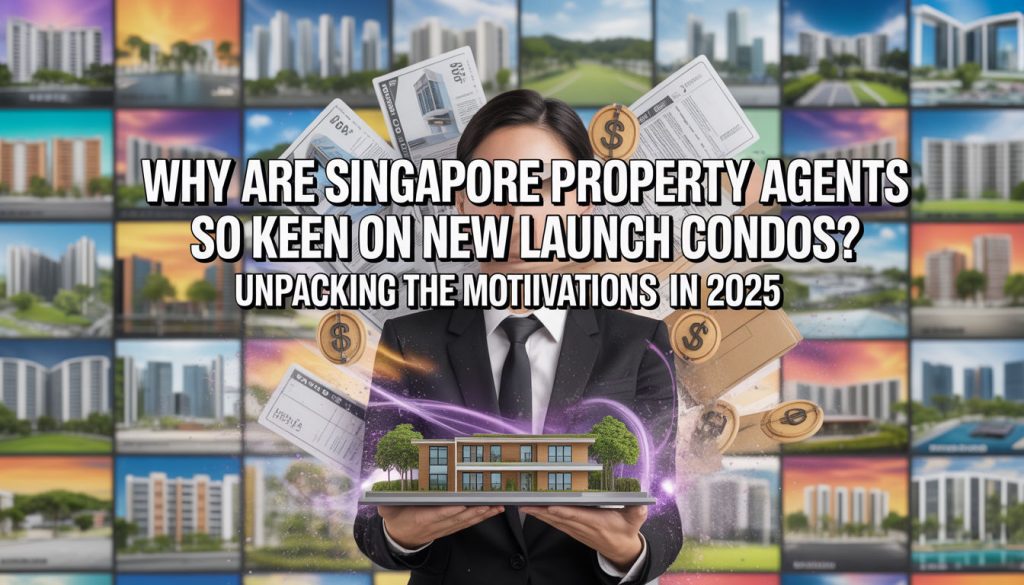TLDR
The Singapore property market is experiencing a decline in condo purchases by HDB flat owners due to multiple property restrictions and increasing mortgage rates. The restrictions include higher stamp duty, stricter borrowing criteria, and raised interest rate floors. Resale condos are more popular than new ones due to less price increase and a rule requiring private homeowners to wait before buying a resale flat. The categorization of BTO flats into Prime, Plus, and Standard with varying minimum stay requirements is expected to impact property ladder progression and price growth. Some experts believe it could balance supply and demand, while others are unsure of its long-term effects.
In Singapore, the appeal of owning a condo after owning a Housing Board flat seems to be losing its charm, thanks to multiple property market controls. To make matters more complicated, mortgage rates and private home prices are climbing, and the economy isn’t looking too rosy either.
During the first half of 2023, only 2,322 new and second-hand private homes without attached land were snapped up by folks living in HDB flats. That’s a nearly 36% drop from the 3,628 purchases made during the same time the previous year. This info comes from OrangeTee & Tie, a real estate company, referencing transaction data from the Urban Redevelopment Authority’s Realis database.
Fast rewind to 2022, and you’ll see that 6,287 new and resale private homes were bought by people with HDB addresses. However, this marked a 36.2% fall from the whopping 9,854 units sold in 2021, as per OrangeTee & Tie’s records.
What caused this slump? Well, three rounds of property restrictions had something to do with it. These were introduced in December 2021, September 2022, and April 2023 and made borrowing tougher. They also jacked up the extra buyer’s stamp duty (ABSD) from 12% to 20% for folks buying their second house.
The total debt servicing ratio (TDSR) boundary was also squeezed from 60% down to 55%. This made it even harder for non-first-time buyers to get financing, according to Eugene Lim, a hotshot at property firm ERA Singapore. In simpler words, TDSR is how much of a person’s gross monthly earnings goes towards repaying all their monthly debts.
To top it all off, the middle-of-the-road interest rate floor, which is used to calculate TDSR and the mortgage servicing ratio, was hiked by 0.5 percentage point to 4% for residential property loans starting from the end of September 2022.
The mortgage servicing ratio refers to how much of a person’s monthly income is used to pay off property loans.
“Banks are now asking for a higher minimum interest rate of at least 4% when calculating the loan,” explained Mr Lim. “Because of this, some people who were barely qualifying before weren’t able to get their loans approved.”
Adding to the challenge, the average Singapore Overnight Rate Average, which is the standard interest rate for variable-rate home loans, soared to 3.21% in early 2023 from just 0.22% a year earlier.
“What this means is that people have to pay more each month for their mortgages because of the huge increase in interest rates,” he pointed out.
What stands out is the steep decline in new privately-owned, non-landed homes being sold to people with HDB addresses.
“The number of new units introduced dropped by 57%, going from 10,496 units in 2021 to just 4,528 in 2022,” said Mr Lam Chern Woon of Edmund Tie.
As per OrangeTee & Tie’s figures, buyers with HDB addresses bought only 682 new condos in the first half of 2023, a plunge of 40.9% from 1,154 units in the same period of 2022. Likewise, resale transactions for this group dipped by 33.7%, from 2,474 units to 1,640 units.
Mr Lam attributed this to the high-interest rates, uncertain economic prospects, and the cooling measures’ dampening effects.
Yet, Christine Sun of OrangeTee & Tie pointed out that since mid-2020, there have been more resale transactions than new sales. The reason for this is that the rise in resale condo prices hasn’t been as steep as that for new condos over the past two years. According to her, median resale prices went up only 9% from 2021 to 2022, while median new-home prices leapt nearly 22% in the same timeframe.
Mr Lim from ERA pointed out that in 2022, folks who live in HDBs shelled out $2,169 on average for every square foot of a brand-new condo. In contrast, previously owned condos cost them $1,514 per square foot.
He suggested that this could be why new condos aren’t selling as well as resales.
Analysts reckon a rule that makes certain private homeowners wait 15 months before buying a resale flat after selling their home might have made resale condos more popular.
Higher rents also nudged some folks to opt for resale condos over new ones.
Lee Sze Teck, the head research guy at Huttons Asia, explained that once upon a time, people would sell their home and rent a place while waiting for their new condo to be built. That way, they didn’t have to pay an extra tax (ABSD) on their second property.
But with rents jumping by over 50% from late 2020 to mid-2023, this option became less attractive for those wanting to upgrade from their HDBs.
He added that the monthly rent for a HDB or private property might be about the same as repaying a mortgage for a resale private property.
Mr Lee argued that the rule against letting HDB upgraders off the hook for ABSD when buying a new private property (but not executive condos) needs a rethink. He believes it’s put a damper on people’s chances to move up the property ladder.
All right, let’s talk about the new way Build-To-Order (BTO) flats are categorized – Prime, Plus, and Standard. The reaction among experts is, well, varied.
Some folks think that Prime and Plus flats, which have a 10-year minimum stay requirement, could slow down the rate at which people upgrade to bigger homes. Ms. Sun from OrangeTee & Tie thinks this might be a good thing. In her view, it might help balance out supply and demand in the private housing market, and keep prices from shooting up too quickly. She says, even though it might take longer for homeowners to move up the property ladder, they could benefit from more steady price growth.
But Mr. Lam from Edmund Tie doesn’t think this change will make much of a difference overall. He believes Prime and Plus flats will be a small part of BTO flats on offer. He also thinks that demand from current flat owners who can sell their places for around $1.1 million will remain strong.
Mr. Lam suggests that the price increase of resale flats might slow down with these new rules, which could lead to a more gradual price rise in the private housing market.
However, some people think it’s too soon to predict how this will all play out. The new BTO flat classifications don’t kick in until the second half of 2024. And it could be another 14 to 17 years before Prime and Plus resale flats enter the market.
Mr. Lim from ERA has concerns about the strict resale rules for Prime and Plus flats. He thinks it could limit how much profit sellers can make, which might make it tougher for them to move up the property ladder. He points out that the 10-year stay requirement could shorten the time available for homeowners to take out a bank loan to upgrade to a fancier home later on.
As an example, Mr. Lim says a couple in their thirties buying a Prime or Plus flat might have to wait until they’re 45 before they can sell the flat and upgrade. This would cut their loan period to 20 years, compared to 25 years for a couple of the same age buying a Standard flat with a five-year minimum stay. And the shorter the loan period, the higher the monthly repayments.
On the other hand, if you’re buying a Standard flat, there’s no limit on how much you can earn. These flats also have a five-year minimum occupation period and are cheaper to start with. This makes it easier to plan your exit strategy early, according to Mr. Lim.


